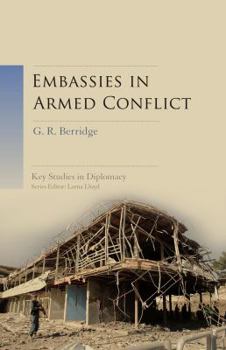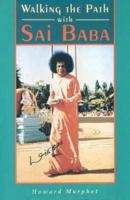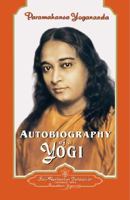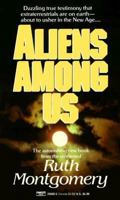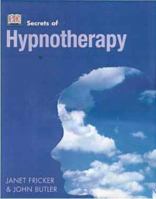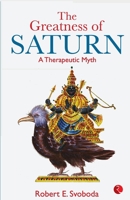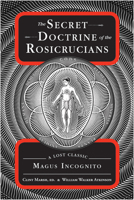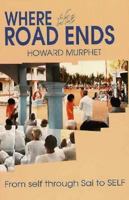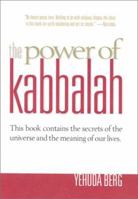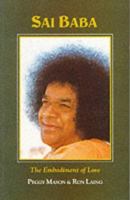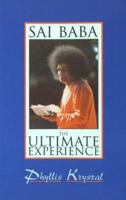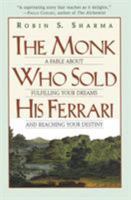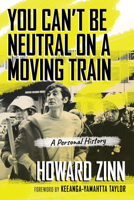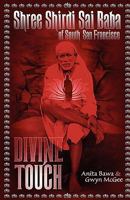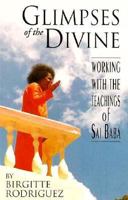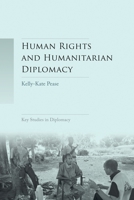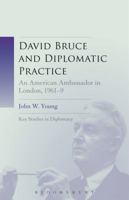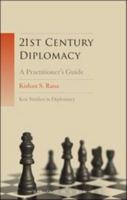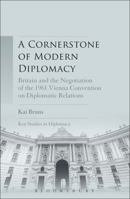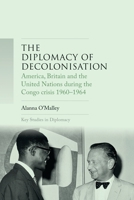Embassies in Armed Conflict
(Part of the Key Studies in Diplomacy Series)
Select Format
Select Condition 
You Might Also Enjoy
Book Overview
During wartime, embassies assume different roles and face various situations. An embassy might represent a belligerent state while being situated in an enemy, an allied, or a neutral state. Conversely, it might represent a neutral state, while having to function in a belligerent state. How does an embassy's situation affect its priorities? How does it affect its staff and mission? The work and risks they face may vary greatly, but embassies play a key role in war, a time when they are required to give higher priority to military and political intelligence while facing daily risks of attacks and managing media and high-ranking visitors. Embassies in Armed Conflict examines these issues and the problems wartime embassies encounter by looking primarily at the experiences of American, British, and Indian embassies. Written by a leading expert, the book aims to both examine the role of wartime embassies and to provide guidance for those who serve - or wish to serve - in the Foreign Service.
Format:Paperback
Language:English
ISBN:006092960X
ISBN13:9780060929602
Release Date:December 1999
Publisher:Harper Perennial
Length:288 Pages
Weight:0.54 lbs.
Dimensions:8.0" x 0.7" x 5.3"
Customer Reviews
6 customer ratings | 4 reviews
There are currently no reviews. Be the first to review this work.










